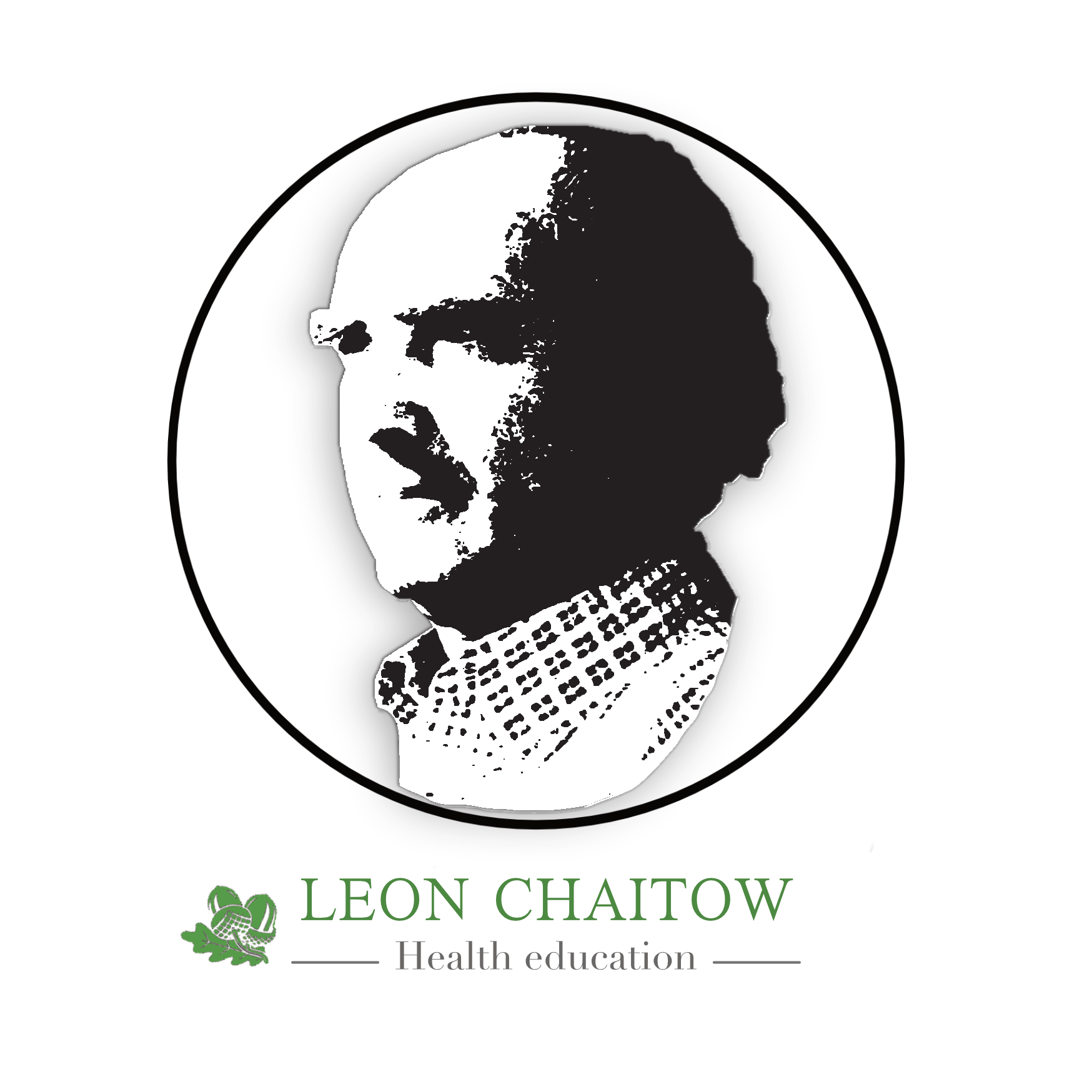Henry Allingham at 112, and the flypast in his honour.
First World War veteran, Henry Allingham, was 112 last week, on the 6th of June.
The first modern Olympics were hosted by Athens, Puccini’s La Bohème premiered in Turin and Queen Victoria became the longest reigning monarch in British history. The year was 1896 and in a corner of north-east London an ironmonger’s wife gave birth to a boy, Henry.
One hundred and twelve years later, Henry William Allingham is in rude health as the oldest man in Europe.
Henry is the last surviving original member of the Royal Air Force – formed 90 years ago and on his birthday the First World War veteran watched a fly-past in his honour of vintage aircraft, including a Lancaster bomber, Spitfire and Hurricane.
His responses to the usual question as to why he has lived so long, were reported variously.
For example the BBC reported him as saying: “I don’t think there’s a particular reason.
“The only thing I can say is all my life I have lived within my limitations, take life slowly, don’t get any stress or strains.”
Despite a report from his grandson that “his favourite tipple is a cup of tea with one sugar every morning”, Henry has also joked that the secret to his longevity is “cigarettes, whisky and wild women”.
Henry and his wife had two daughters. She passed away in 1970, in her early seventies.
Synchronistically, two of the leading researchers into longevity recently circulated a research report into this topic. Natalia Gavrilova and Leonid A. Gavrilov, of the Center on Aging, the University of Chicago have spent years studying this topic, and their most recent findings are fascinating.
These were presented on January 7-9, 2008, at the Living to 100 and Beyond Symposium Orlando, Florida, under the title : Physical and Socioeconomic Characteristics at Young Age as Predictors of Survival to 100: A Study of a New Historical Data Resource (U.S. WWI Draft Cards) (Copyright 2008 by the Society of Actuaries)
It is arguable that their findings carry more weight than the various possibilities put forth by Henry Allingham, despite his clear evidence of survival?
In earlier studies Gavrilova and Gavrilov (2005, 2007) developed methodologies of using online genealogical, historical and demographic data resources, and demonstrated the feasibility of large-scale studies on predictors of human longevity. This yielded preliminary findings on several hypotheses on the determinants of survival to advanced ages. They also used U.S. WWI Civilian Draft Registration Cards for their rich content in terms of predictor variables.
So, what were the findings?
- Study of height and build among men born in 1887 suggests that obesity at young adult age (30 years) is harmful for attaining exceptional longevity, while body height is a far less important predictor of exceptional longevity.
- However “contrary to expectations based on life extension of calorically restricted animals, a “slender” body build does not improve chances of survival to 100 years”
- Farming has a positive effect on survival to age 100. No other occupational groups had a significant effect on attaining longevity. The researchers note that :”children raised on farms (boys in particular) had higher chances to become centenarians”
- Being married by age 30 had no statistically significant effect on survival to age 100, however the number of children (4+) at age 30 demonstrated a positive effect on chances of exceptional longevity.
- They report that “a large initial number of children, born by age 30, increases man’s chances to attain exceptional longevity by a factor 2.6 – 2.7” They hypothesise that “high fertility at young age may be a marker of man’s overall good health”
So now you know.
On the other hand, Henry Allingham (who was born in London, not on a farm) might have it right….a cup of tea in the morning, and just possibly “cigarettes, whisky and wild-women” ?
References:
- Gavrilova, N.S., and Gavrilov, L.A. 2005. “Human Longevity and Reproduction: An Evolutionary Perspective.” Grandmotherhood—The Evolutionary Significance of the Second Half of Female Life, pp. 59-80. E. Voland, A. Chasiotis and W. Schiefenhoevel. Piscataway, NJ: Rutgers University Press.
- Gavrilova, N.S., and Gavrilov, L.A.2005. “Search for Predictors of Exceptional Human Longevity: Using Computerized Genealogies and Internet Resources for Human Longevity Studies. Living to 100 and Beyond. Monograph. Schaumburg, IL: Society of Actuaries.
- Gavrilova, N.S., and Gavrilov, L.A. 2007. “Search for Predictors of Exceptional Human Longevity: Using Computerized Genealogies and Internet Resources for Human Longevity Studies.” North American Actuarial Journal 11(1): 49-67.



